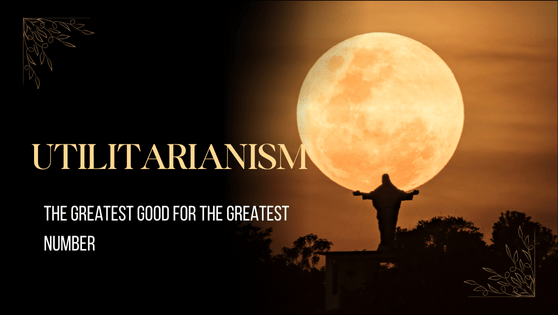Philosophies Controversial, Philosophy often challenges our conventional beliefs and perceptions. Some philosophical ideas, although controversial, have the power to transform how we view ourselves and the world. Here are five controversial philosophies that could change your life by provoking thought and inspiring a deeper understanding of existence.
1. Nihilism: Embracing Meaninglessness
Nihilism is the belief that life lacks inherent meaning, purpose, or value. This philosophy can be unsettling, as it confronts the existential dread of a purposeless existence. However, embracing nihilism can also lead to personal liberation.
Key Insights:
- – Freedom from Expectations: Without inherent meaning, individuals are free to create their own purpose and values.
- – Personal Responsibility: Nihilism encourages taking full responsibility for your choices and actions, as there is no predetermined destiny.
- – Authentic Living: By acknowledging the lack of inherent meaning, you can focus on living authentically, making choices that truly resonate with you.
2. Existentialism: Defining Your Own Existence
Existentialism, popularized by philosophers like Jean-Paul Sartre and Albert Camus, asserts that individuals create their own meaning through choices and actions. This philosophy emphasizes personal freedom and responsibility.
Key Insights:
- – Self-Determination: Existentialism empowers you to define your own existence and purpose.
- – Authenticity: It encourages living an authentic life, aligned with your true self and values.
- – Acceptance of Absurdity: Acknowledging the absurdity of life allows you to find joy and meaning in your personal journey, despite external chaos.
3. Utilitarianism: The Greatest Good for the Greatest Number

Utilitarianism, developed by Jeremy Bentham and John Stuart Mill, posits that actions should be judged based on their consequences, specifically their ability to maximize overall happiness and minimize suffering. This consequentialist approach often sparks debate over moral dilemmas and ethical decisions.
Key Insights:
- – Ethical Decision-Making: Utilitarianism provides a framework for making ethical choices that consider the greater good.
- – Pragmatism: It encourages practical and outcome-focused thinking in personal and societal issues.
- – Empathy and Altruism: By considering the happiness and suffering of others, utilitarianism fosters empathy and altruistic behavior.
4. Stoicism: Mastering Inner Peace Philosophies Controversial
Stoicism, an ancient philosophy founded by Zeno of Citium, teaches the development of self-control and resilience to achieve inner peace. Stoics believe that we cannot control external events, only our reactions to them.
Key Insights:
- – Emotional Resilience: Stoicism helps build emotional resilience by focusing on what you can control and accepting what you cannot.
- – Virtuous Living: It emphasizes living virtuously, guided by wisdom, courage, justice, and temperance.
- – Tranquility: By accepting the impermanence of life and detaching from external outcomes, stoicism cultivates inner tranquility and contentment.
5. Transhumanism: Embracing Technological Evolution
Transhumanism advocates for using technology to enhance human physical and cognitive abilities, potentially leading to a post-human future. This philosophy envisions radical changes in human capabilities and lifespan, raising ethical and existential questions.
Key Insights:
- – Human Potential: Transhumanism explores the possibilities of human enhancement, pushing the boundaries of what it means to be human.
- – Ethical Considerations: It encourages critical thinking about the ethical implications of advanced technologies, such as genetic engineering and artificial intelligence.
- – Future-Oriented Thinking: Transhumanism inspires a forward-looking mindset, considering the long-term impact of technological advancements on humanity.
Final Reflections of Philosophies Controversial
These five controversial philosophies—nihilism, existentialism, utilitarianism, stoicism, and transhumanism—challenge conventional beliefs and offer transformative insights into human existence. By exploring these philosophies, you can gain new perspectives, question your assumptions, and potentially change the way you approach life.